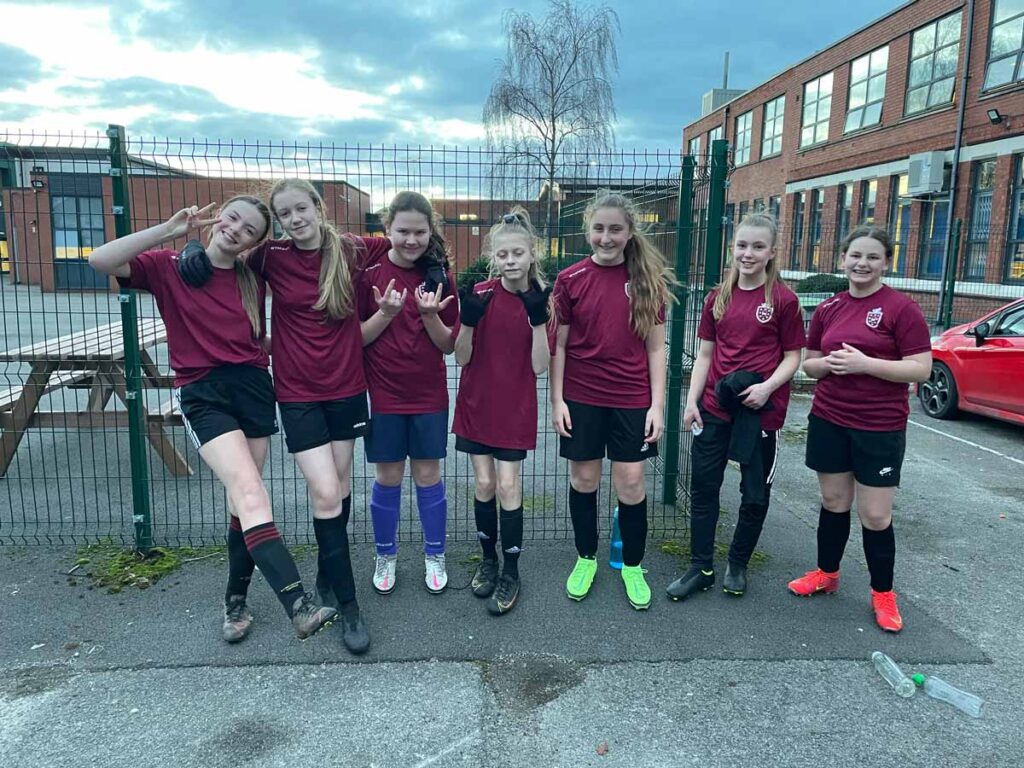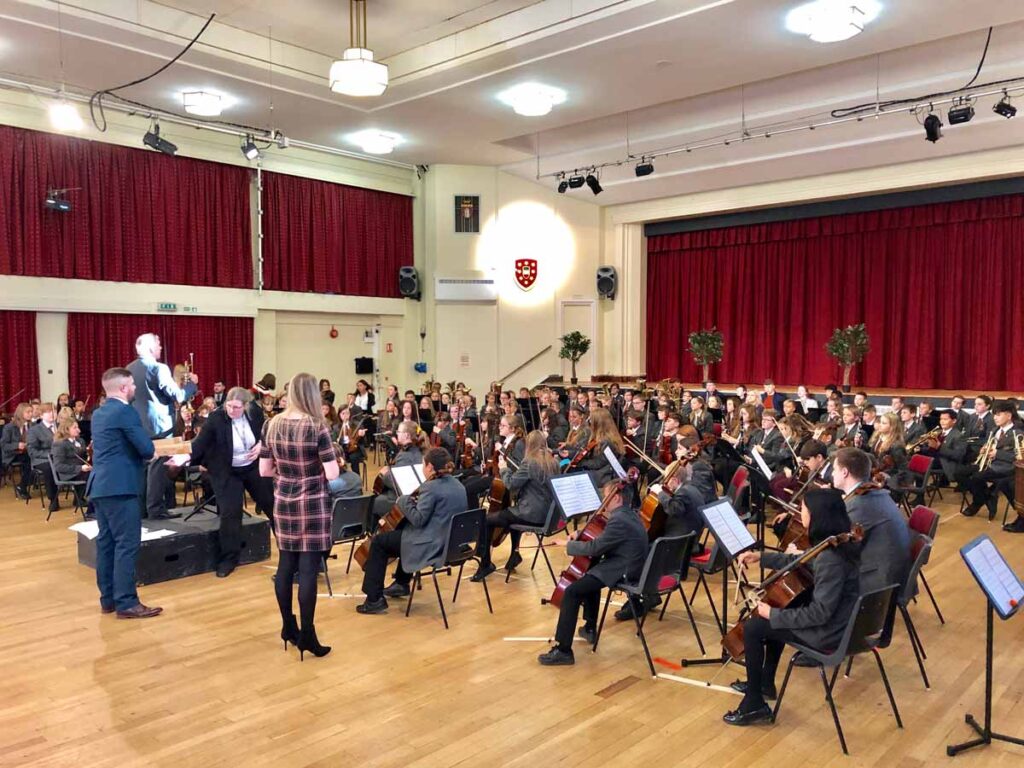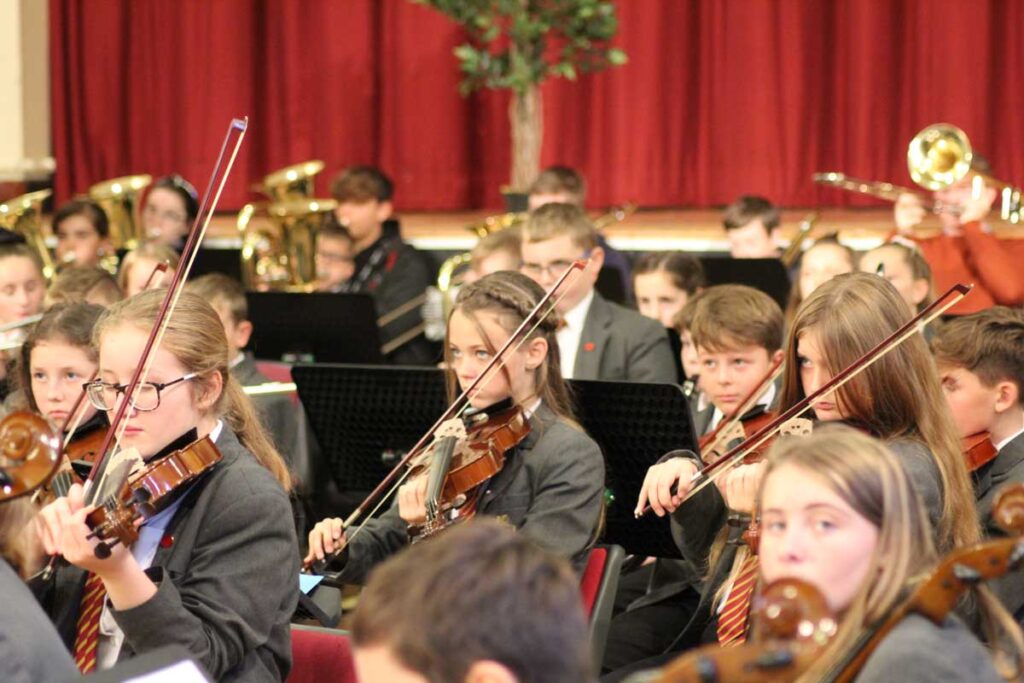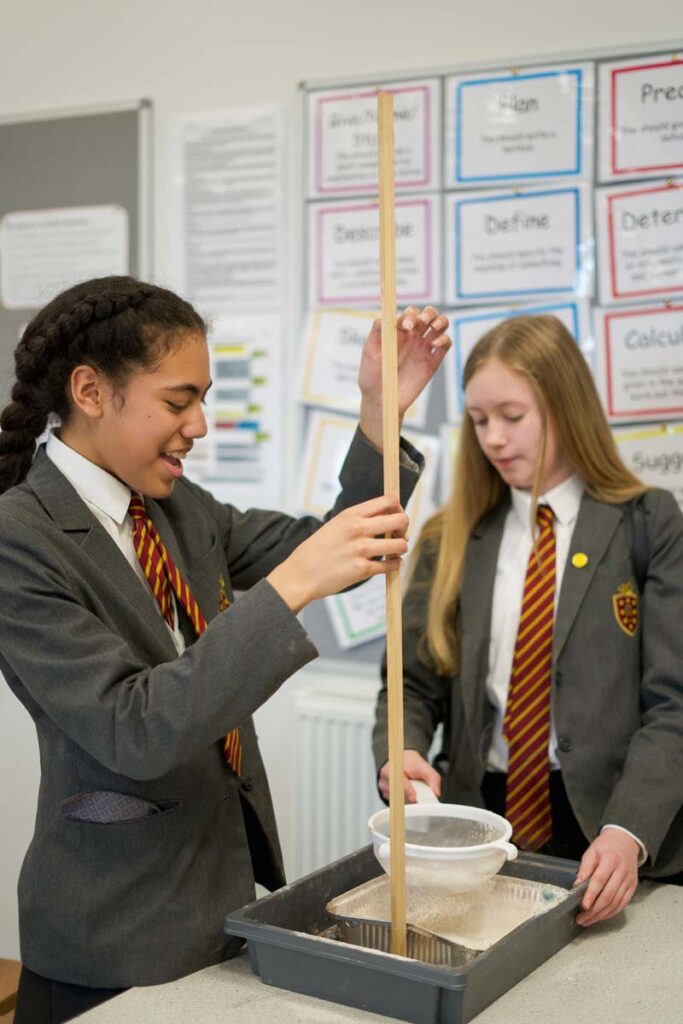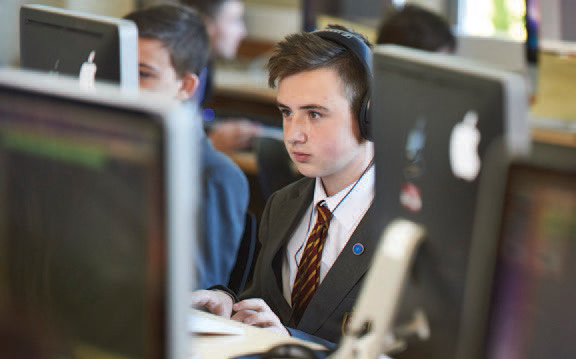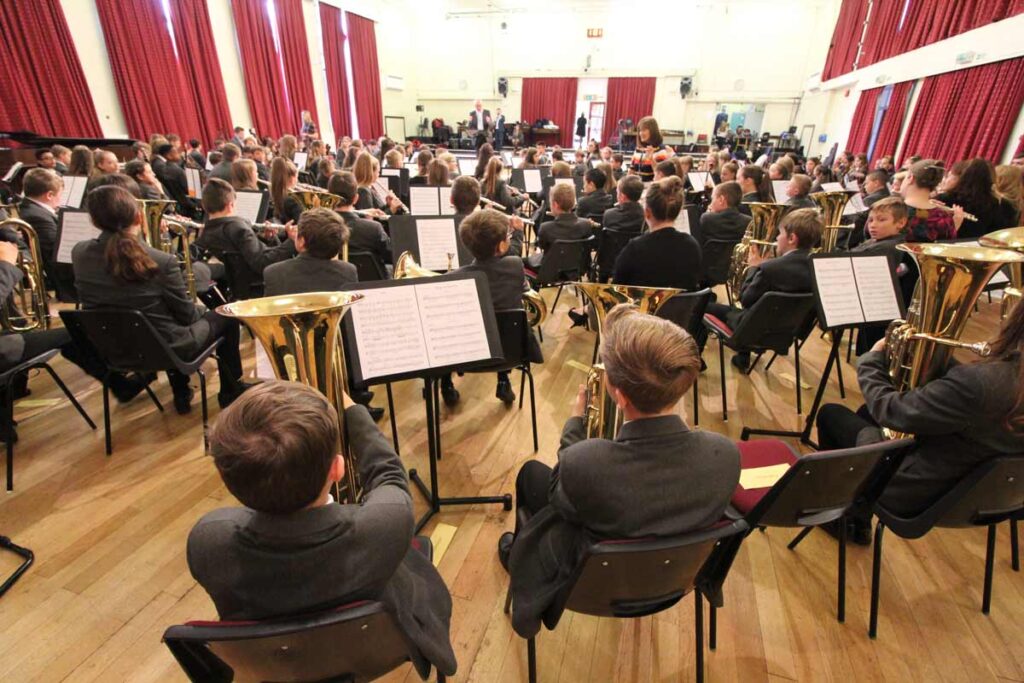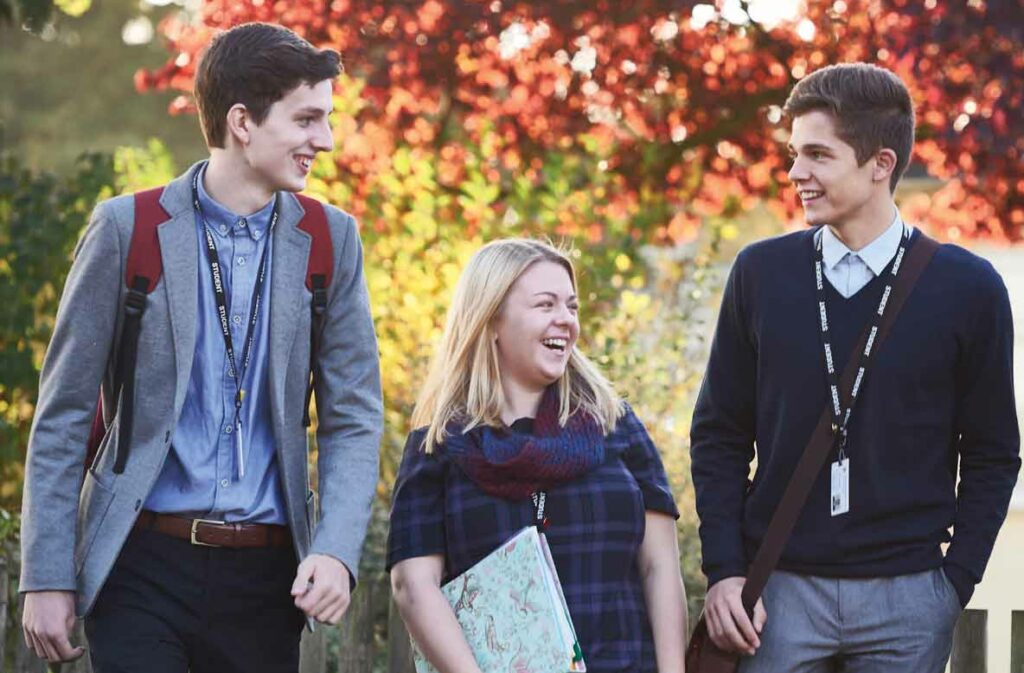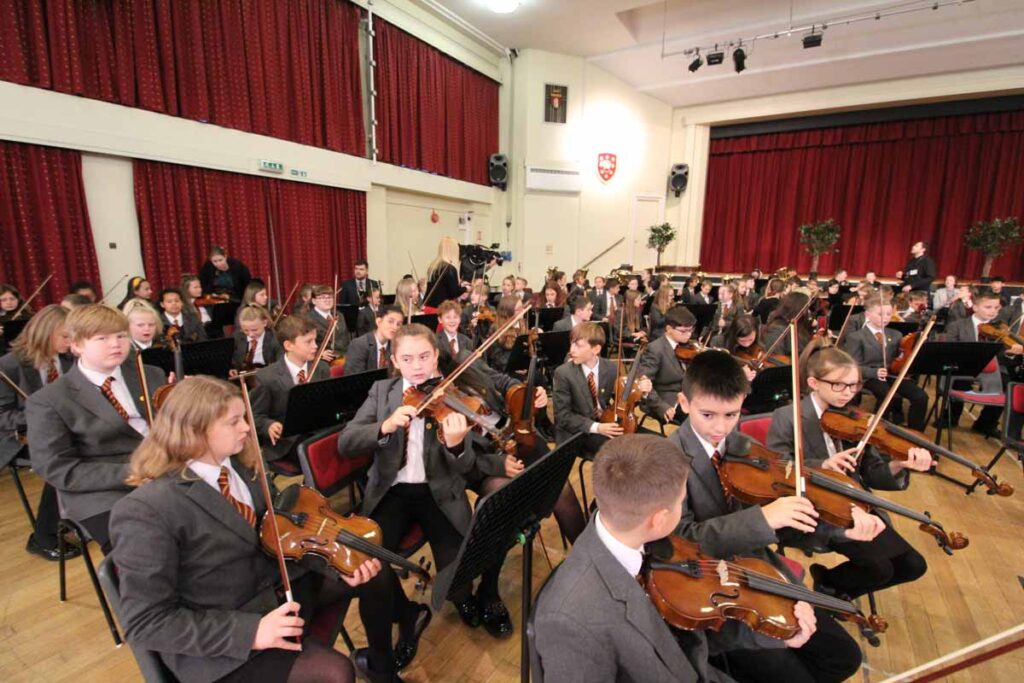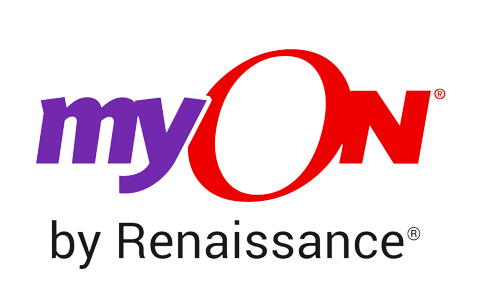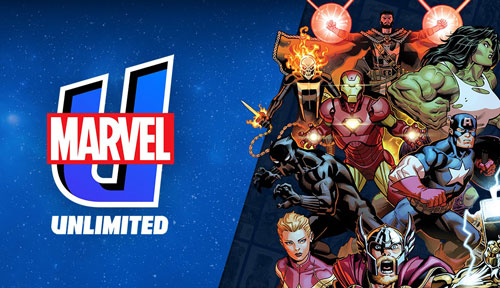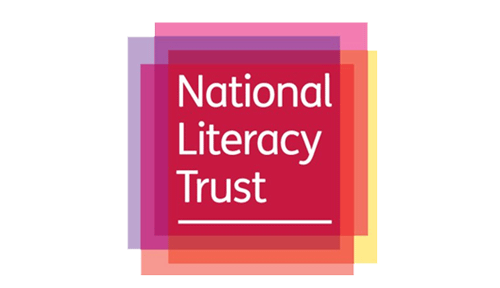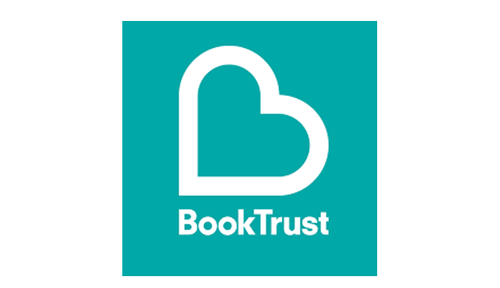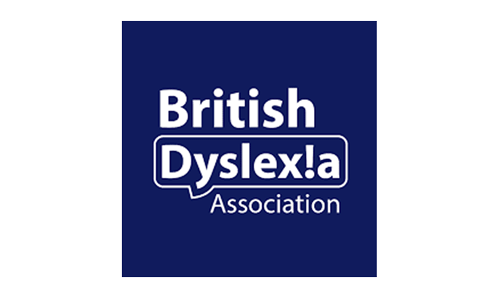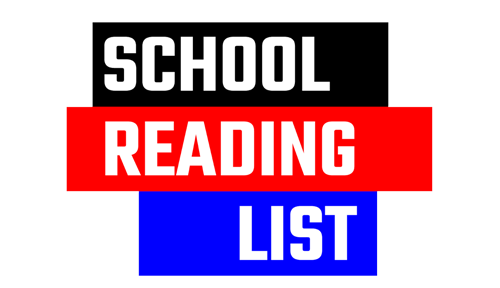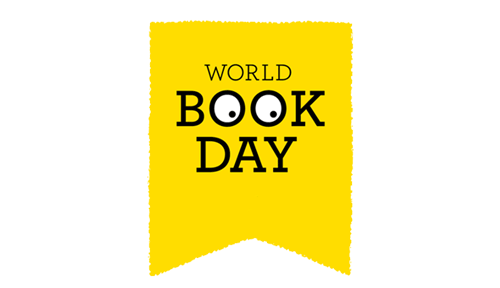Latest news
Inspection of Nicholas Chamberlaine School by Ofsted
MiSST Concert in London
You Shall Go To The Ball!
March Sports Round Up
Nicholas Chamberlaine School Presents: Oliver!
Emergency safeguarding numbers during the Easter holidays
Consultation on the Proposal to Establish Specialist Resourced Provision at Nicholas Chamberlaine School
Gallery
Filter
READING AT NICHOLAS CHAMBERLAINE
Why Does Reading Matter?
At Nicholas Chamberlaine School, developing our students’ reading skills is an absolute priority for us for many reasons:
-
Reading for pleasure benefits a child’s education, social and cognitive development, their wellbeing, communication skills and mental health.
-
Reading helps children become more successful within and beyond the classroom.
-
Studies have proven that reading for pleasure enhances the ability to understand one’s own and others’ identities.
Reading Across the Curriculum
As part of our commitment to literacy across the school, all subject areas promote reading, writing and speaking. Students are exposed to a wide range of subject-specific texts, which enhances their understanding of the curriculum and subject-specific vocabulary.
Reading for Pleasure
Library
We value the importance of students reading in their own time.
Nicholas Chamberlaine has an excellent library with a wide range of fiction and non-fiction available to all students. New books are regularly purchased to ensure our students have access to the most up-to-date literature. Students are encouraged to request new books if they’ve started a series they’re enjoying.
Library opening times: 7.00am – 4.30pm.
myON
Students have access to this personalised digital library. This can be used both in school and at home.
Renaissance myON® Reader gives students access to more than 6,000 enhanced digital books. Titles are dynamically matched to each individual student’s interests, year and reading level.
Prime Time
For years 7-9, two form periods a week are allocated to reading for pleasure. We have developed a bespoke reading canon that is designed to both challenge our students and broaden their understanding of important local and global issues. Students have the opportunity to read a text together and to independently read a text of their own choice.
Current group reading books are:
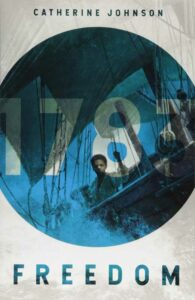
Year 7
Freedom (1783) – Catherine Johnson
Brings the horrific history of slavery to life in this important piece of historical fiction for a middle grade audience. Nat is a 12-year-old boy born into slavery on a Jamaican sugar cane plantation owned by the brutal English family, the Barratts.
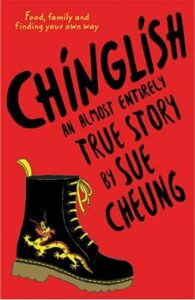
Year 8
Chinglish – Sue Cheung
Jo Kwan is a teenager growing up in 1980s Coventry with her annoying little sister, too-cool older brother, a series of very unlucky pets and utterly bonkers parents. But unlike the other kids at her new school or her posh cousins, Jo lives above her parents’ Chinese takeaway.
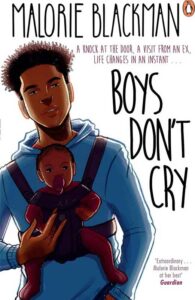
Year 9
Boys Don’t Cry – Malorie Blackman
Dante’s attractive 16-year-old brother, Adam, is gay, a fact he keeps hidden at home. But when a secret relationship goes disastrously wrong, he is beaten up to the point of nearly dying. Surviving with a mutilated face and doubting he will ever make it as an actor, he tries to kill himself.
Accelerated Reader
Key Stage 3 students have 2 lessons a week that are designated to reading. We use the Accelerated Reader (AR) programme to support and monitor our students’ reading.
Students will complete a Star Reading test (an online multiple-choice reading test) four times each school year. This will identify an approximate reading age and reading level for books that students should be reading to make the most progress. Books within the library are marked with colours to show what AR level they are. There is a wealth of fiction and non-fiction books to choose from along with a plethora of articles and extracts to encourage reading. Students complete regular online quizzes to show their understanding of the texts they have read and house points are awarded to those students who make excellent progress.
Reading Intervention
Reading Buddies: To develop some of our year 7 readers, some year 7 students are part of our reading buddies programme. Twice a week during form time, each of these students completes one-to-one reading practice with a VI Form volunteer.
Reading Role Models: For 20 minutes after school each Thursday, a member of staff brings along an extract of a text they have really enjoyed and shares it with the group.
Reading Trips: When the opportunity arises, we aim to get students out of school to see performances of books/plays they have covered in school. This includes trips to theatres in Stratford, London, Coventry and Leicester to see performances such as ‘An Inspector Calls’, ‘A Christmas Carol’, ‘Macbeth’, ‘Othello’, ‘Noughts and Crosses’, and ‘Blood Brothers’’. In addition to this, we invite travelling theatre groups to present live performances of texts such as ‘Macbeth’, ‘An Inspector Calls’
Students complete an online reading assessment twice a year. Students who are significantly below their expected reading age participate in a variety of bespoke intervention programmes:
- Ruth Miskin’s Fresh Start Read Write Inc: Selected students attend phonics sessions during lesson time.
- Precision Teaching is delivered a minimum of three times per week for a period of approximately 10 minutes developing a student’s reading and comprehension high frequency words and subject-specific vocabulary
- IDL intervention is a speaking computer-based multi-sensory system which supports learners with their literacy
- Inference which is a group intervention for students at KS3 who decode adequately but fail to get full meaning and enjoyment from their reading.
- Flash Academy is a programme which accelerates English language acquisition skills for EAL students
Reading at Home
Parents can play a vital role in promoting reading for pleasure at home. Here are some suggestions:
-
Create a dedicated reading space at home. This should ideally be somewhere quiet and comfortable, with no visible distractions (i.e: games consoles or mobile phones).
-
Establish a set routine for reading time (i.e: 20 minutes before bed).
-
Read with your child, taking it in turns to each take a page. Try to discuss what has been read and what your child thinks might happen next.
-
Give a book as a birthday or Christmas present (ideally tailored towards your child’s interests).
-
Reading doesn’t always have to be about books. If your child has a particular hobby, why not see if there are relevant magazines available?
Useful Apps and Websites
Mobile phones are often seen as the enemy of books. But not necessarily! Here are some great apps and websites for supporting and encouraging reading:

